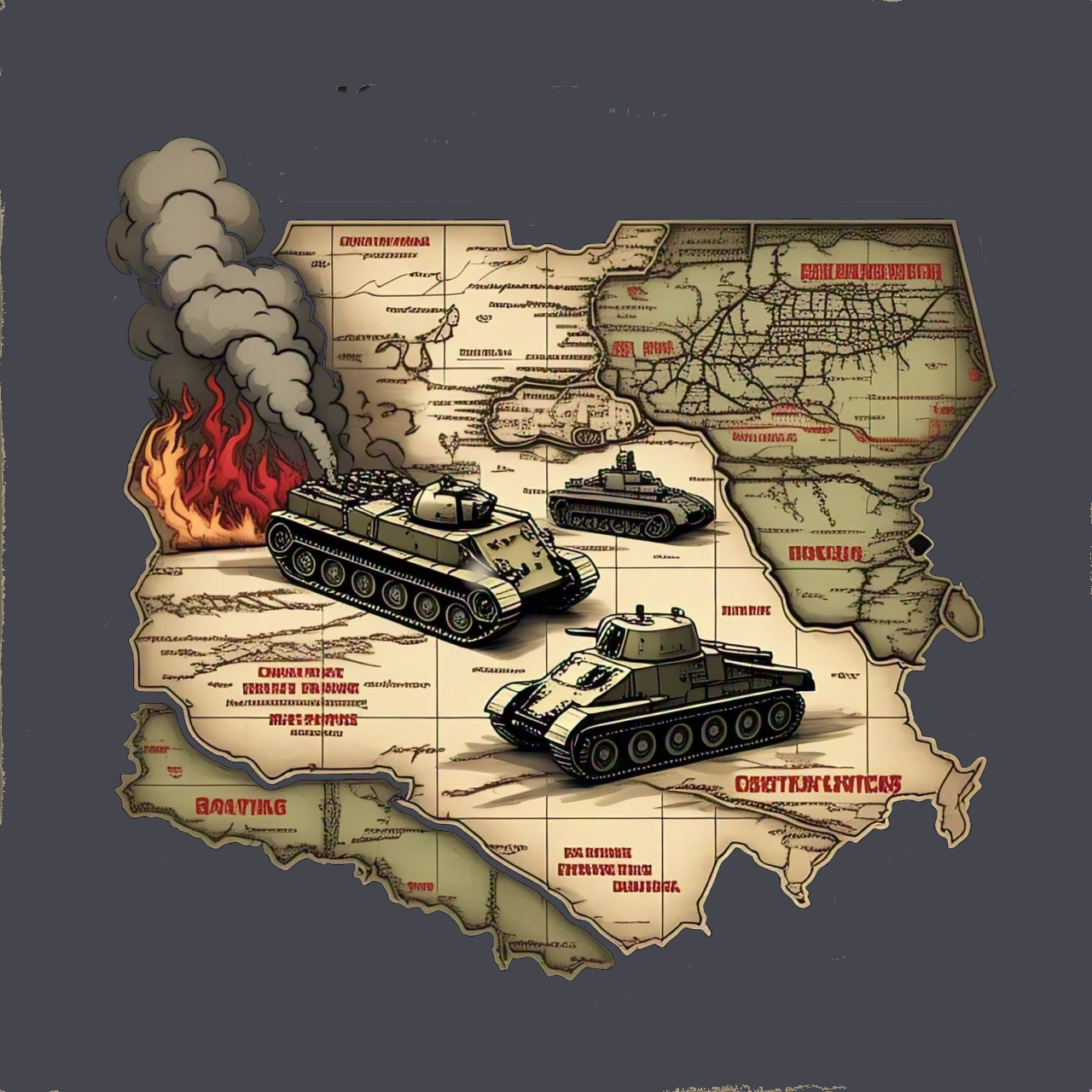295th Infantry Division
The 295th Infantry Division (295. Infanterie-Division) was formed in March/April 1940 from newly trained personnel. Not identified in action prior to the Russian campaign, where it was continuously engaged on the southern front from July 1941. Virtually destroyed at Stalingrad.

Commanders
General der Artillerie Rolf Wuthmann, from 2nd May 1942 to 16th November 1942

General der Artillerie Rolf Wuthmann commanded German forces during World War II, showcasing strategic leadership in key campaigns. He led the 295th Infantry Division and later the IX Army Corps, earning the Knight’s Cross of the Iron Cross. Captured by Soviet forces, he was held as a prisoner until his release in 1955.
Generalmajor Dr. Otto Korfes, from 16th November 1942 to 1943

Generalmajor Dr. Otto Korfes commanded the 295th Infantry Division during World War II, showcasing strategic leadership and resilience. Captured at Stalingrad, he joined the National Committee for a Free Germany, opposing the Nazi regime. After the war, he served in East Germany’s military, contributing to its post-war reconstruction and organization.
Units
- 516 Infantry Regiment
- 517 Infantry Regiment
- 518 Infantry Regiment
- 295 Schnelle Battalion
- 295 Artillery Regiment
- 295 Pionier Battalion
- 295 Anti-Tank Battalion
- 295 Reconnaissance Battalion
Auxiliary unit number 295
Home Station (Wkr. XI)
Locations
History
The 295th Infantry Division formed in 1940 and participated in key campaigns during World War II. It fought in Operation Barbarossa, advancing through Ukraine and engaging in battles like Uman, showcasing its strategic importance on the Eastern Front.
The division played a significant role in the Battle of Stalingrad, enduring relentless Soviet attacks and harsh conditions. Encircled during Operation Uranus, Destroyed in January 1943 when the 6th Army surrendered. This marked a turning point in the war, reflecting the resilience of Soviet forces and the challenges faced by German divisions.
Gallery




Other blog categories that may be of interest. 10mm ACW Project, 10mm AWI Project, 10mm AZW Project, 10mm CGW Project, 10mm FIW Project, 10mm Sci-Fi Projects, Aliens, Dropzone Commander, Terra Nova, 10mm WWI Project, 10mm WWII Project, 10mm Zombie Project, Battle Reports & Scenarios, Making Scenery & Terrain, Painting Guides, Shows & Events, Solo Wargaming, Wargaming Projects, Wargaming Rules.


Leave a Reply